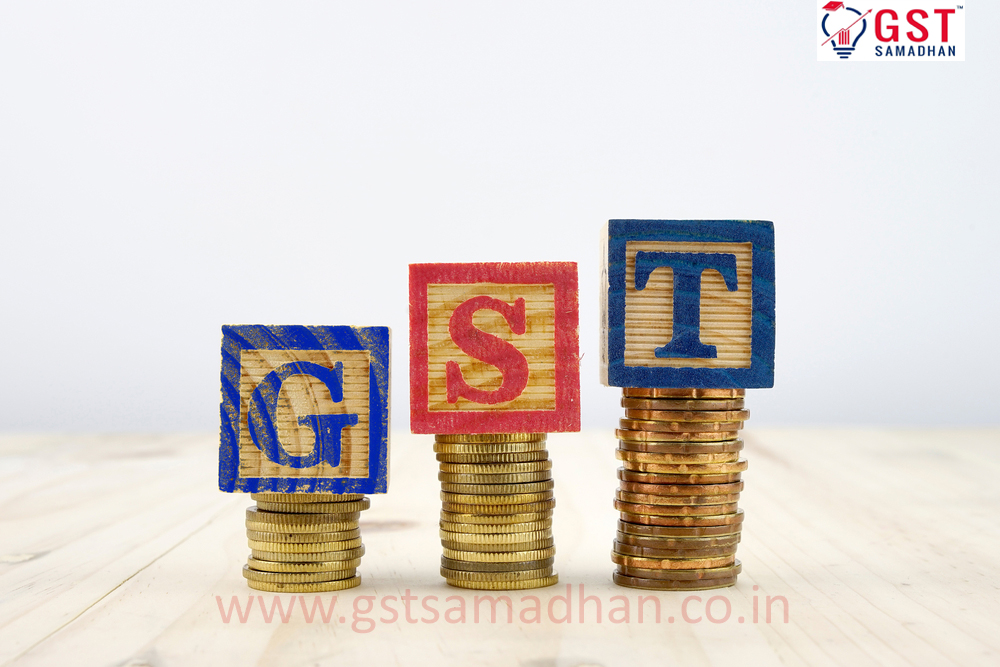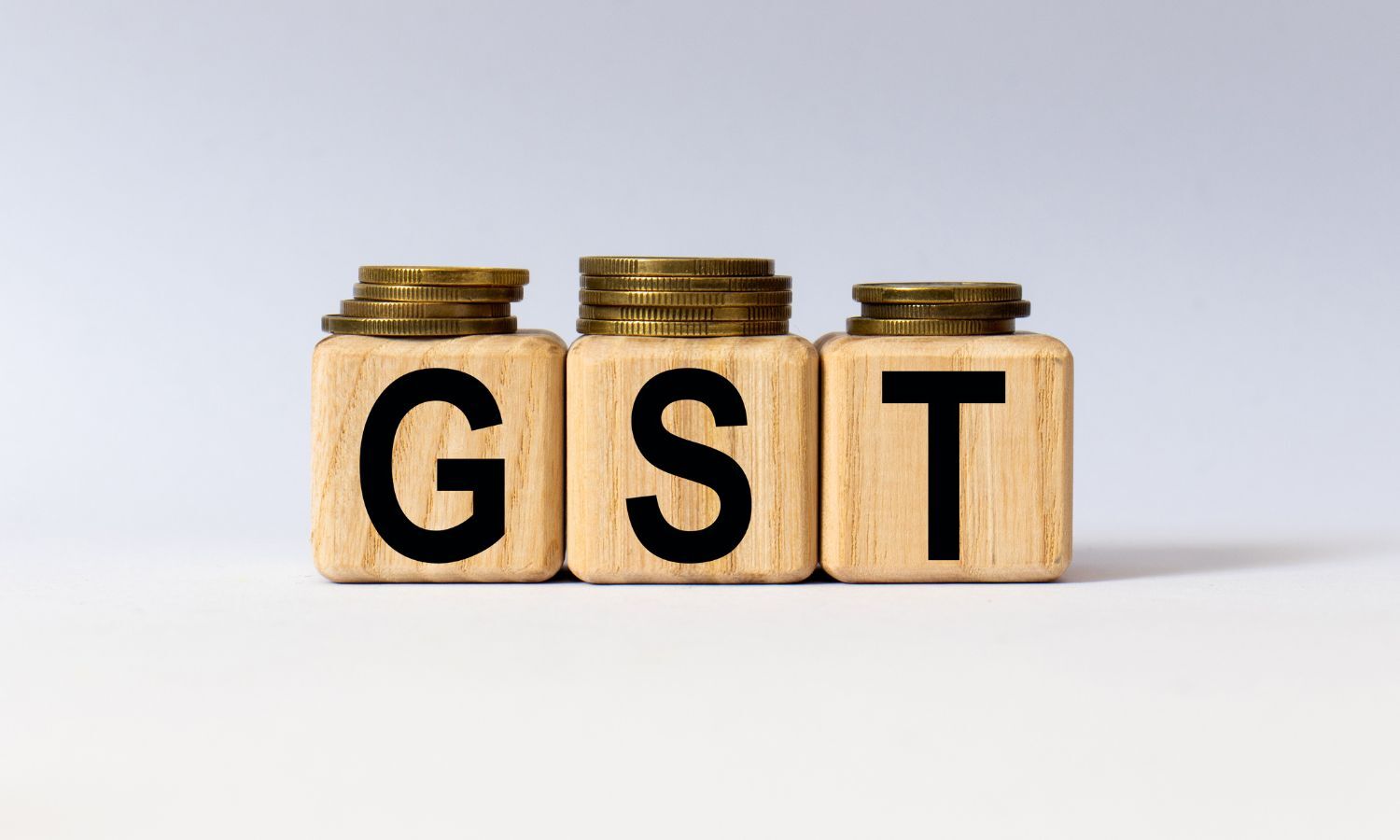
Cooperative housing societies will now have to pay GST on maintenance charges; check new rules
The GST Appellate Authority for Advance Rulings (AAAR), Maharashtra bench has upheld an earlier order of the GST Authority for Advance Rulings (AAR) that Goods And Services Tax (GST) is to be levied on maintenance charges collected by cooperative housing societies if the monthly subscription or contribution charged from members is more than Rs 7,500 per month and the annual aggregate turnover is Rs 20 lakh or more.
It should be remembered that in July this year the Central Board of Indirect Taxes and Customs (CBIC) had said that a cooperative housing society will have to levy and collect GST (at the rate of 18%) on the total amount collected as maintenance charges, if it exceeds Rs 7,500 per month, per member. It had also noted that those societies with an annual turnover of more than Rs 20 lakh or less will not have to register under GST.
Smaller CHS with an annual turnover of Rs 20 lakh or less do not have to register under GST. Thus, they do not have any GST obligation, irrespective of the quantum of maintenance charges. The AAR had held the CHS’s activities towards its members have to be a ‘taxable supply’ under the GST laws
The South Mumbai society that had filed an appeal with the GST Appellate Authority for Advance Rulings (AAAR), Maharashtra bench had like other societies collected maintenance charges from its members such as water charges, electricity charges, property taxes, contribution to repair and maintenance fund, contribution to the sinking fund, car parking charges, interest on default charges as also property taxes.
The housing society had sought a clarification on whether these activities carried out by it amount to supply and whether they are liable to GST as also whether they are correctly discharging their GST liability for which invoices have been raised on the members of the society.
The South Mumbai housing society had contended that they were not carrying out any business in terms of Section 2 (17) of the CGST Act 2017 as they were a cooperative housing society and were not engaged in any trade, commerce, manufacture, profession, vocation, adventure, wager or any other similar activity.
The Maharashtra AAAR has upheld the AAR order and found that various activities are undertaken by the South Mumbai housing society, such as management, maintenance, administration of the society property amounts to supply.
It has held that provision of any facilities or benefits by a club, association or society to its members against a subscription or any other consideration would be construed as ‘business’ as per section 2 (17) of the CGST Act.
It has rejected the appellant's contention to distinguish between commercial and a co-operative society on facts and also dismissed its submission that a particular transaction cannot be considered as business under Income Tax Laws by clarifying that Income Tax Act, 1961 is inapplicable under CGST Act, 2017.
It has also distinguished the society’s reliance on the SC judgment in the case of Calcutta Club, basis which the Appellant contended that a society can’t be said to be doing business with its members as both the society and its members are one and the same, owing to the common Principle of Mutuality.
It has held that under the CGST Act, 2017 “service” under CGST Act has been rendered a very wide connotation and “person” under section 2(84) includes both “incorporated and unincorporated clubs” and thus clarifies that “…both these deeming fictions…..convey the intention of the legislature to do away with the principle of mutuality…….”.
In a case concerning the Calcutta Club, the Supreme Court had in 2009 passed an order which dealt with the ‘principle of mutuality’ which meant that the the society and its members are not distinct entities and thus the activities of the CHS do not constitute a ‘supply’ and hence do not attract GST. It had said that the society’s charges cannot be treated as a ‘consideration’ under Section 2 (32) of the GST Act.
“In the present case the society is undertaking various sorts of activities that include the management, maintenance, administration of the society property, payment of various statutory taxes like payment of electricity bill of the common area of the society, water tax levied by the local authority along with organizing various social, cultural and recreational events for the members of the society against the contribution called society charges which can be reasonably construed as “consideration” in terms of Section 2 (31) of the CGST Act 2017.
It further said that looking at all these activities undertaken by the society for the benefit of its members, it is clear beyond doubt that under the provision of the CGST Act 2017, the appellant is doing “business” in terms of the definition provided under clause e of Section 2(17) of the CGST Act 2017.
Also, since the appellant is providing services to its members against the consideration, named as “society charges” in the cause or furtherance of business, therefore, the activities would be construed as “supply” in terms of Section 7 (1) (a) of the CGST Act 2017 and accordingly be liable to GST, the order added.
“With the wide definitions of ‘supply’, ‘services’, ‘business’ under GST laws, it is no surprise that activities undertaken by residential welfare associations for their members have been held to be leviable to GST. It is to be noted that, presence of profit motive is no more a pre-requisite to make such transactions liable to tax,” said Harpreet Singh, Partner, Indirect Tax, KPMG.






